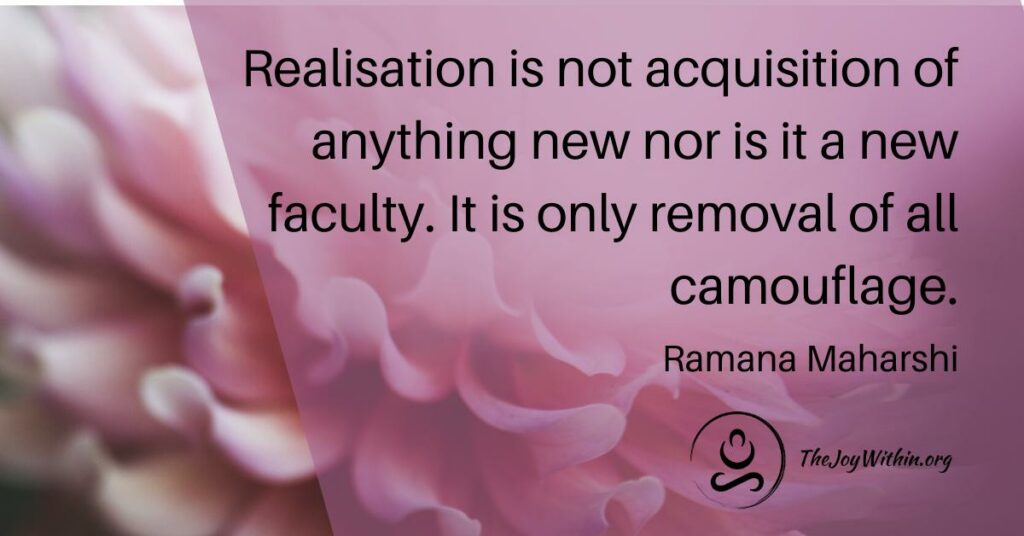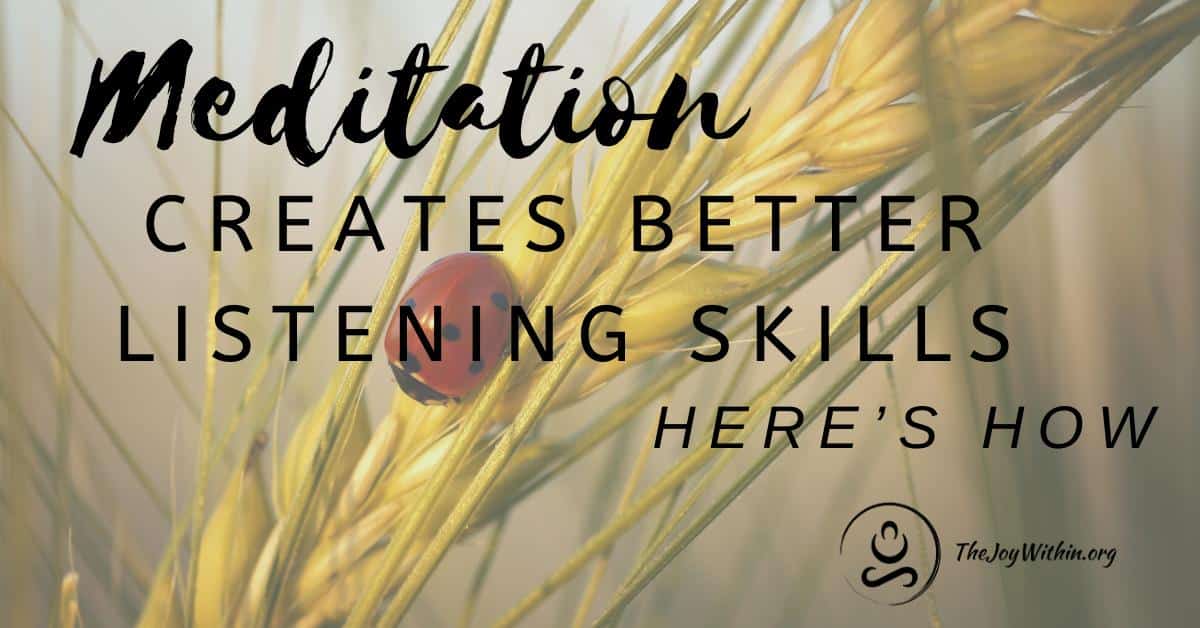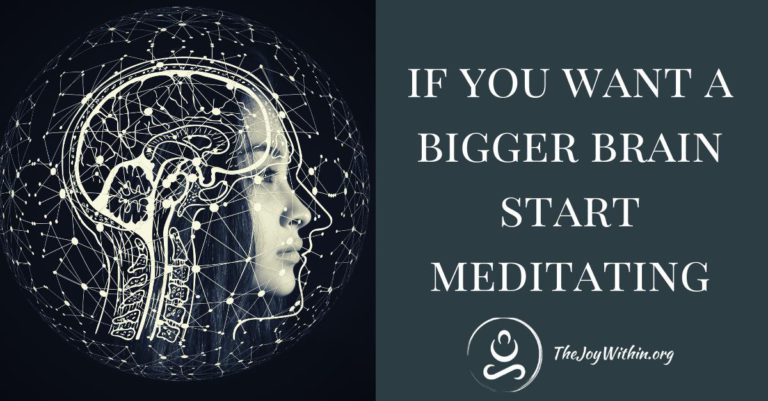Your ability to listen to your surroundings and yourself is not just an auditory experience. It impacts your entire experience with life and is half of what is required for good communication.
Through our society’s constant entertainment driven way of living, we have turned down the dial on our listening skills. Luckily, this skill can be acquired through meditation practices.
Mindfulness of Sound
The first step to increasing your ability to listen is by expanding your awareness. As stated above, listening is not simply an auditory experience. This means listening involves reading body language, your own inner voice, and focus.
When we have a habit of not being fully present at the moment and our mind is somewhere else we may not even realize to what extent we aren’t listening. This means we may not be aware of what extent we are oblivious or desensitized to our environment.
Meditation works to expand your awareness which can guide you to begin picking up on details you would have skimmed past before. One way to do this is through mindfulness meditation practices.
Mindfulness is the basis of observing without judgment. It is about approaching sensations, thoughts, and sounds with a sense of curiosity. The practice is to perceive information neutrally.
This means, for instance, a noise you would normally label annoying you can practice listening nonjudgmentally. The same goes for a sound you would label as pleasant and watch it without attaching any perception to it.

This practice of mindfulness can cause you to become aware of sensations and details you would have never noticed before because you learn to see past your own emotional bias that can be quite defeaning. You can even place your focus on specifically meditating on mindfulness of sound.
Increased Concentration
Another reason some people may struggle to listen well is due to their attention span. When you are struggling to focus you aren’t really going to be able to hear someone let alone read between the lines of what they are saying.
Researchers at the University of North Carolina in Charlotte looked at students and their ability to perform a cognitive computer test after going through a 4-day meditation training. This training only required 20 minutes of meditation a day.
The results of the meditation students were compared to a control group which showed that the meditators performed the task 10 times better even on a specifically difficult test. The study also looked at the meditator’s performance while under-pressure due to a test that came with a time deadline.
The comparison showed the meditators also performed the tasks significantly better which goes to show that with a simple 20 minutes a day, meditation can increase concentration skills significantly!
Emotional Bias
Now one of the most important aspects of being a good listener is being able to hear through your own emotional bias. See if we are only perceiving through our emotional lens then we cannot fully hear another person.
We will hear what is inside us with a little bit of their voice mixed in. We may even at some points eclipse their message entirely. Meditation guides us to empty the emotions we become attached to so that we can perceive through fresh eyes and clean ears.
You can also begin our 30-day meditation course which will guide beginners to start their meditation practice and find the necessary tools and assistance to do so.




